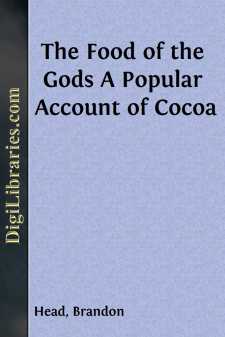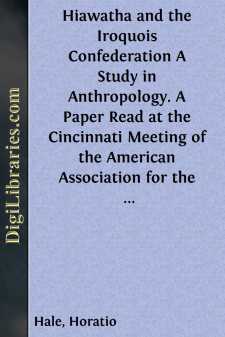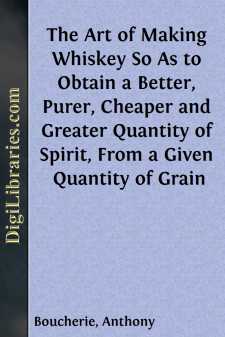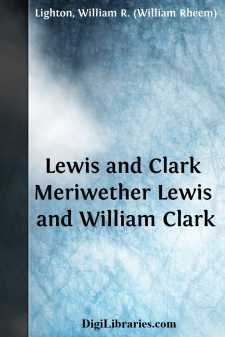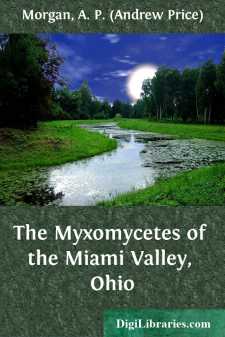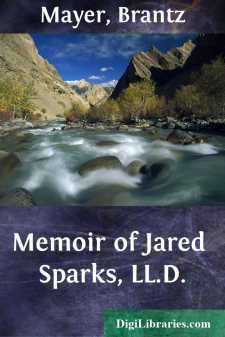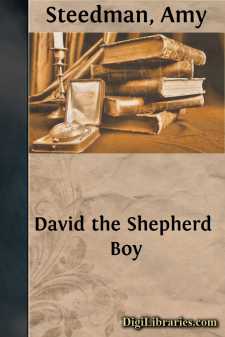Non-Classifiable
- Non-Classifiable 1768
Non-Classifiable Books
Sort by:
by:
Brandon Head
I. ITS NATURE. When one thinks of the marvellously nourishing and stimulating virtue of cocoa, and of the exquisite and irresistible dainties prepared from it, one cannot wonder that the great Linnæus should have named it theo broma, "the food of the gods." No other natural product, with the exception of milk, can be said to serve equally well as food or drink, or to possess nourishing and...
more...
by:
Horatio Hale
A LAWGIVER OF THE STONE AGE. By HORATIO HALE, of Clinton, Ontario,Canada. What was the intellectual capacity of man when he made his first appearance upon the earth? Or, to speak with more scientific precision (as the question relates to material evidences), what were the mental powers of the people who fashioned the earliest stone implements, which are admitted to be the oldest remaining traces of our...
more...
CHAPTER I. OF SPIRITUOUS LIQUORS, OR SPIRITS. Spirituous liquors are the produce of vinous ones, obtained by the distillation of these last. The art of making wine is of the remotest antiquity, since it is attributed to Noah; but that of distilling it, so as to extract its most spirituous part, dates only from the year 1300. Arnand de Villeneuve was the inventor of it, and the produce of his Still...
more...
INTRODUCTION Although the quilt is one of the most familiar and necessary articles in our households, its story is yet to be told. In spite of its universal use and intimate connection with our lives, its past is a mystery which—at the most—can be only partially unravelled. The quilt has a tradition of long centuries of slow but certain progress. Its story is replete with incidents of love and...
more...
CHARACTERISTICS In the years 1804, 1805, and 1806, two men commanded an expedition which explored the wilderness that stretched from the mouth of the Missouri River to where the Columbia enters the Pacific, and dedicated to civilization a new empire. Their names were Meriwether Lewis and William Clark. As a rule, one who tries to discover and to set down in order the simple signs that spell the story...
more...
MYXOMYCETES, Wallr. Fructification essentially a minute membranaceous vesicle, the SPORANGIUM inclosing the SPORES, the product of a motile protoplasmic body called the PLASMODIUM. Microscopic organisms with the habit of the Fungi. The ripe spore of the Myxomycetes is globose or ellipsoidal in shape, with the epispore colorless or colored, and smooth or marked by characteristic surface—sculpture...
more...
by:
Brantz Mayer
MEMOIR. IT has been a sad but not entirely unpleasant duty to prepare, at the request of the Maryland Historical Society, a brief memoir of one of our earliest and most distinguished Honorary Members, the late Jared Sparks, LL.D. The duty, though sad, is not without a pleasant recompense, for the eulogium which a long-continued friendship and intercourse demand can be bestowed with cordial truth. Mr....
more...
by:
Amy Steedman
Up amongst the hills, perched like the nest of a bird on one of the long low ridges, lies the little town of Bethlehem. It was but a small town at the time this story begins, and there was nothing about it to make it at all famous. It lay out of the beaten track, and any one wanting to visit it must needs climb the long winding road that led from the plain beneath, through olive groves and sheepfields,...
more...
BIOGRAPHICAL SKETCH The county of Franklin in Northwestern Massachusetts, if not rivaling in certain ways the adjoining Berkshire, has still a romantic beauty of its own. In the former half of the nineteenth century its population was largely given up to the pursuit of agriculture, though not under altogether favorable conditions. Manufactures had not yet invaded the region either to add to its wealth...
more...
by:
Albert Shonk
LECTURE I TEXTILE FIBRES, PRINCIPALLY WOOL, FUR, AND HAIR Vegetable Fibres.—Textile fibres may be broadly distinguished as vegetable and animal fibres. It is absolutely necessary, in order to obtain a useful knowledge of the peculiarities and properties of animal fibres generally, or even specially, that we should be, at least to some extent, familiar with those of the vegetable fibres. I shall...
more...


